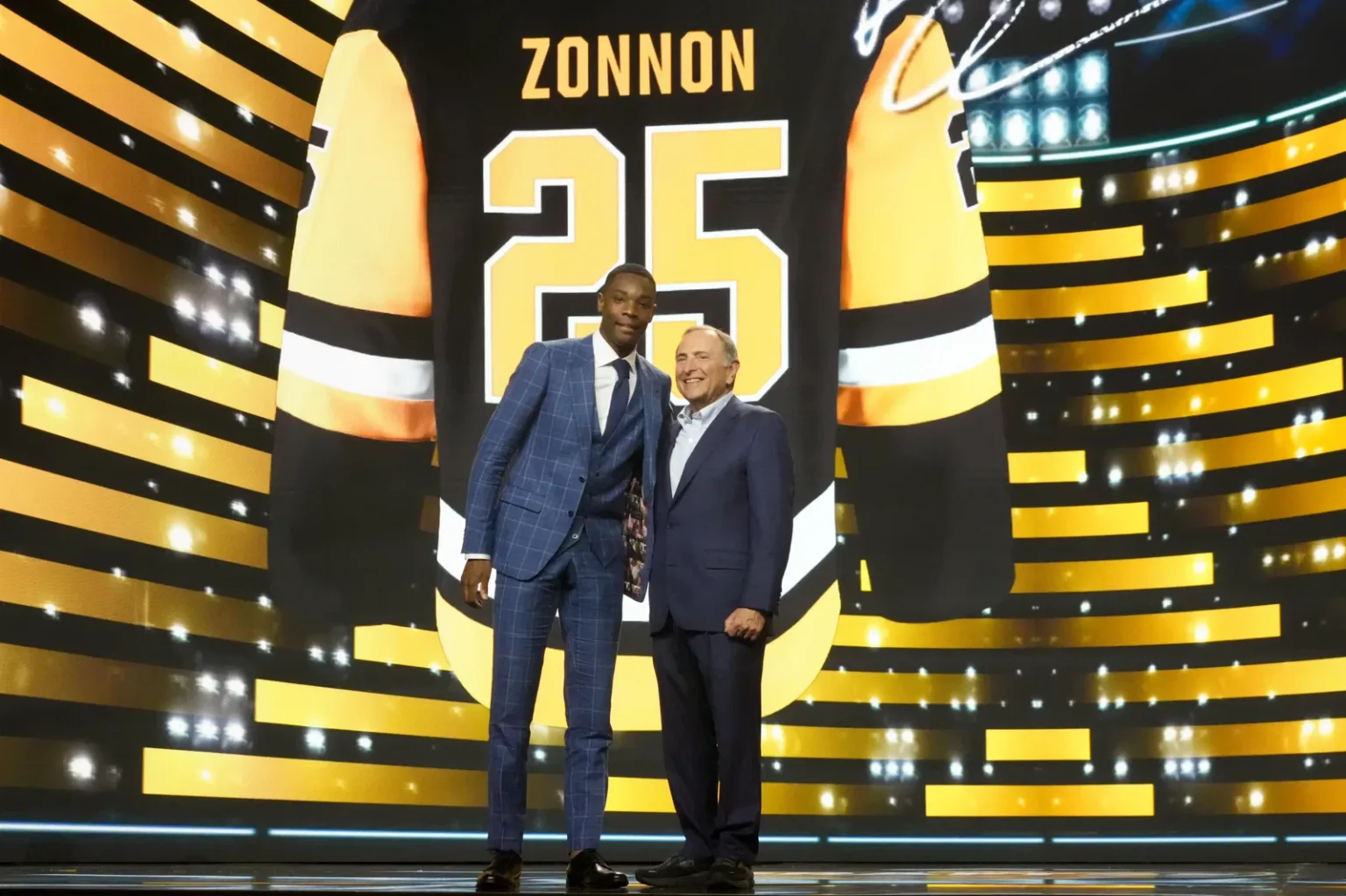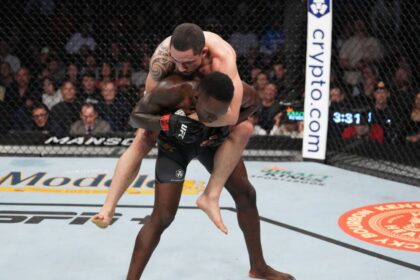The NHL’s Collective Bargaining Agreement (CBA) has been extended for four more years, set to take effect starting with the 2026-27 season. A notable new rule from the updated CBA is generating significant discussion. This change allows NHL teams to send one 19-year-old player each season to play in the AHL, which revises the old age restrictions that had limited CHL players’ movement to the AHL. To officially recall a player, they must participate in at least one AHL game.
This update is significant because it could enable highly regarded prospects to transition more quickly to professional hockey. It might also influence some players to remain in the CHL instead of moving to the NCAA system, as exemplified by Gavin McKenna’s commitment to Pennsylvania State University.
Historically, the old rule prevented some of the league’s top prospects from advancing efficiently, so this new flexibility is seen positively for players and teams alike. One team closely watching these changes is the Pittsburgh Penguins.
However, the rule will not apply in the 2026-27 season, meaning young talents like top defensive prospect Harrison Brunic, who many believe is ready for pro hockey at 19, will have to return to junior hockey with the Kamloops Blazers. This could be detrimental to his development and frustrating for both the player and the NHL club.
For the Penguins, though, this new system presents exciting opportunities. With 13 selections in the 2025 NHL Entry Draft and 29 total picks over the next three drafts, the organization has a deep pool of prospects who might soon leap from the CHL to the NHL, including two first-round picks from 2025, Ben Kindel and Bill Zonnon. These new rules can speed up the team’s rebuilding process, ultimately strengthening their roster by allowing faster development of top young players.
In the end, this rule change will likely benefit underground NHL teams the most, as they will have access to more talented players earlier in their careers.
—
Fan Take: This new rule is a game-changer for hockey fans because it opens the door for the next generation of standout players to make their mark in professional hockey sooner. As teams like the Penguins capitalize on these changes, we could see faster, more dynamic player development that reshapes the competitiveness and excitement of the NHL.



